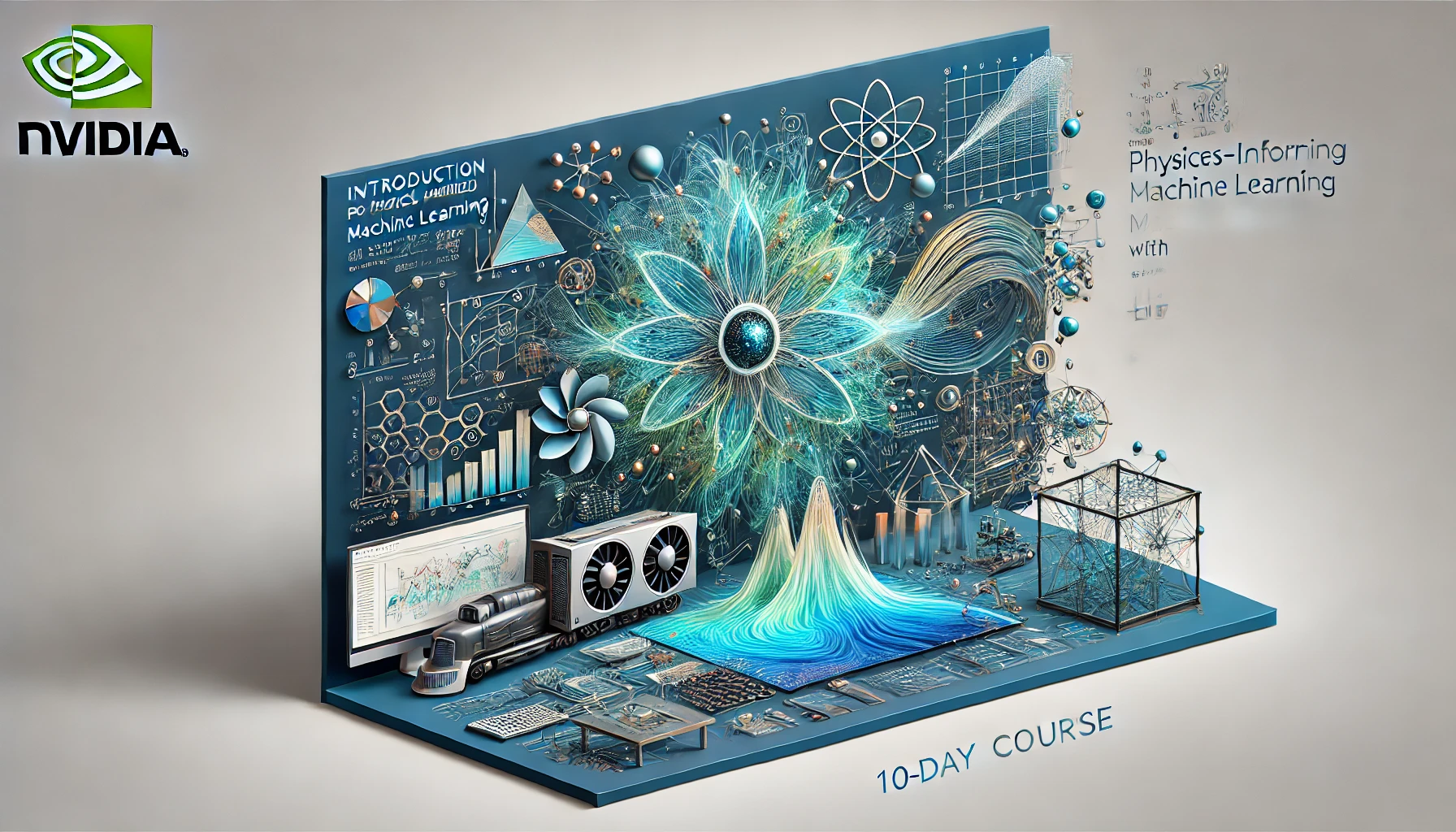Understanding Blockchain: Definition, Technology, and Development
- Posted by Emily Brown (United Kingdom)
- Categories Homeschooling
- Date August 7, 2024
What is Blockchain?
Defining Blockchain
Blockchain is a decentralized digital ledger that records transactions across multiple computers. This technology ensures that data is secure, transparent, and immutable. Unlike traditional databases that are controlled by a central authority, blockchain operates on a peer-to-peer network, making it resistant to tampering and fraud.
Key Characteristics of Blockchain
- Decentralization: Unlike centralized systems, blockchain operates on a network of nodes, each holding a copy of the ledger.
- Transparency: All transactions are visible to network participants, ensuring transparency.
- Immutability: Once data is recorded on the blockchain, it cannot be altered, ensuring the integrity of the information.
Importance of Blockchain
Blockchain technology has the potential to revolutionize various industries by providing a secure and transparent way to manage data. It can reduce costs, increase efficiency, and enhance security in processes such as financial transactions, supply chain management, and more.
Exploring Blockchain Technology
How Blockchain Works
Blockchain technology consists of blocks that store data. Each block contains a list of transactions, a timestamp, and a cryptographic hash of the previous block. This chain of blocks forms a secure and transparent ledger that is resistant to tampering.
Steps in Blockchain Process
- Transaction Initiation: A user initiates a transaction, which is then broadcasted to the network.
- Verification: Network nodes validate the transaction using consensus algorithms.
- Block Creation: Validated transactions are grouped into a block.
- Addition to the Blockchain: The new block is added to the existing blockchain.
- Confirmation: The transaction is confirmed, and the updated ledger is distributed across the network.
Types of Blockchain
- Public Blockchain: Open to anyone and fully decentralized. Examples include Bitcoin and Ethereum.
- Private Blockchain: Restricted access, typically used by organizations for internal purposes.
- Consortium Blockchain: Controlled by a group of organizations, combining elements of both public and private blockchains.
Blockchain Development Tools
Blockchain development requires specialized tools and frameworks. Some popular tools include:
- Ethereum: A decentralized platform for building smart contracts and decentralized applications (DApps).
- Hyperledger Fabric: An open-source blockchain framework for enterprise use.
- Truffle: A development framework for Ethereum.
Understanding Blockchain Wallets
A blockchain wallet is a digital wallet that allows users to store and manage their cryptocurrencies. It provides a secure way to send, receive, and monitor digital currencies. There are different types of blockchain wallets, including:
- Hot Wallets: Connected to the internet, suitable for everyday transactions.
- Cold Wallets: Offline storage, offering enhanced security for long-term holdings.
Blockchain Wallet Features
- Security: Provides encryption and multi-signature support to ensure secure transactions.
- User-Friendly Interface: Easy to use, making it accessible to both beginners and experienced users.
- Backup and Restore: Allows users to backup their wallet and restore it if necessary.
Blockchain in Various Industries
Blockchain in Finance
Blockchain technology has the potential to transform the financial industry by providing a secure and transparent way to record transactions. It can reduce fraud, improve efficiency, and lower costs. Some applications of blockchain in finance include:
- Cryptocurrencies: Digital currencies like Bitcoin and Ethereum.
- Smart Contracts: Self-executing contracts with the terms directly written into code.
- Cross-Border Payments: Faster and cheaper international transactions.
Blockchain in Supply Chain Management
Blockchain can enhance transparency and traceability in supply chain management. By recording each step of the supply chain on a blockchain, companies can ensure the authenticity and quality of their products. Applications include:
- Product Tracking: Monitoring the journey of products from origin to consumer.
- Authentication: Verifying the authenticity of products and preventing counterfeiting.
Blockchain in Healthcare
Blockchain can improve data security and interoperability in healthcare. It provides a secure way to store and share patient records, ensuring privacy and accuracy. Applications include:
- Patient Data Management: Securely storing and sharing patient information.
- Drug Traceability: Monitoring the production and distribution of pharmaceuticals to prevent counterfeit drugs.
Blockchain in Real Estate
Blockchain can streamline real estate transactions by providing a transparent and efficient way to record property ownership and transfer. Applications include:
- Property Listings: Transparent and tamper-proof property listings.
- Smart Contracts: Automating real estate transactions and reducing the need for intermediaries.
Future Trends in Blockchain Technology
Decentralized Finance (DeFi)
DeFi refers to financial applications built on blockchain technology that operate without intermediaries. It offers various services, including lending, borrowing, and trading, directly on the blockchain. DeFi has the potential to democratize finance by providing access to financial services for everyone.
Non-Fungible Tokens (NFTs)
NFTs are unique digital assets that are recorded on the blockchain. They can represent ownership of digital art, collectibles, and other unique items. NFTs have gained popularity in recent years, offering new opportunities for creators and collectors.
Integration with IoT
The integration of blockchain with the Internet of Things (IoT) can enhance security and transparency in IoT networks. By recording IoT data on the blockchain, companies can ensure the integrity and authenticity of the data.
Blockchain and Artificial Intelligence (AI)
Combining blockchain with AI can create more efficient and secure systems. Blockchain can provide a transparent and tamper-proof record of AI decisions, enhancing trust and accountability.
Conclusion
Understanding blockchain is essential in today’s technology-driven world. This comprehensive guide has explored the definition, technology, and development of blockchain, highlighting its key characteristics and applications. From finance to healthcare, blockchain has the potential to revolutionize various industries by providing a secure, transparent, and efficient way to manage data.
For more information on blockchain courses and certifications, visit Regent Studies. By continuously learning and applying your skills, you can stay ahead in this dynamic field and open numerous career opportunities. Start your journey today and master the art of blockchain technology.
For additional resources, consider exploring Blockchain Council for a wide range of blockchain-related courses and certifications.
References
- Coursera. (2023). Blockchain Specialization
- edX. (2023). Blockchain Technology
- Blockchain Council. (2023). Certified Blockchain Professional
- Investopedia. (2023). What Is Blockchain Technology?
Previous post
Programming and Software Development Courses: Free and Paid Options, Certifications, and Training Programs
Next post
Mental Health Services: Comprehensive Guide to Clinics, Therapists, and Specialized Care
You may also like

How to Build OpenUSD Applications for Industrial Digital Twins

Building a 3D Product Configurator with USD and Omniverse


